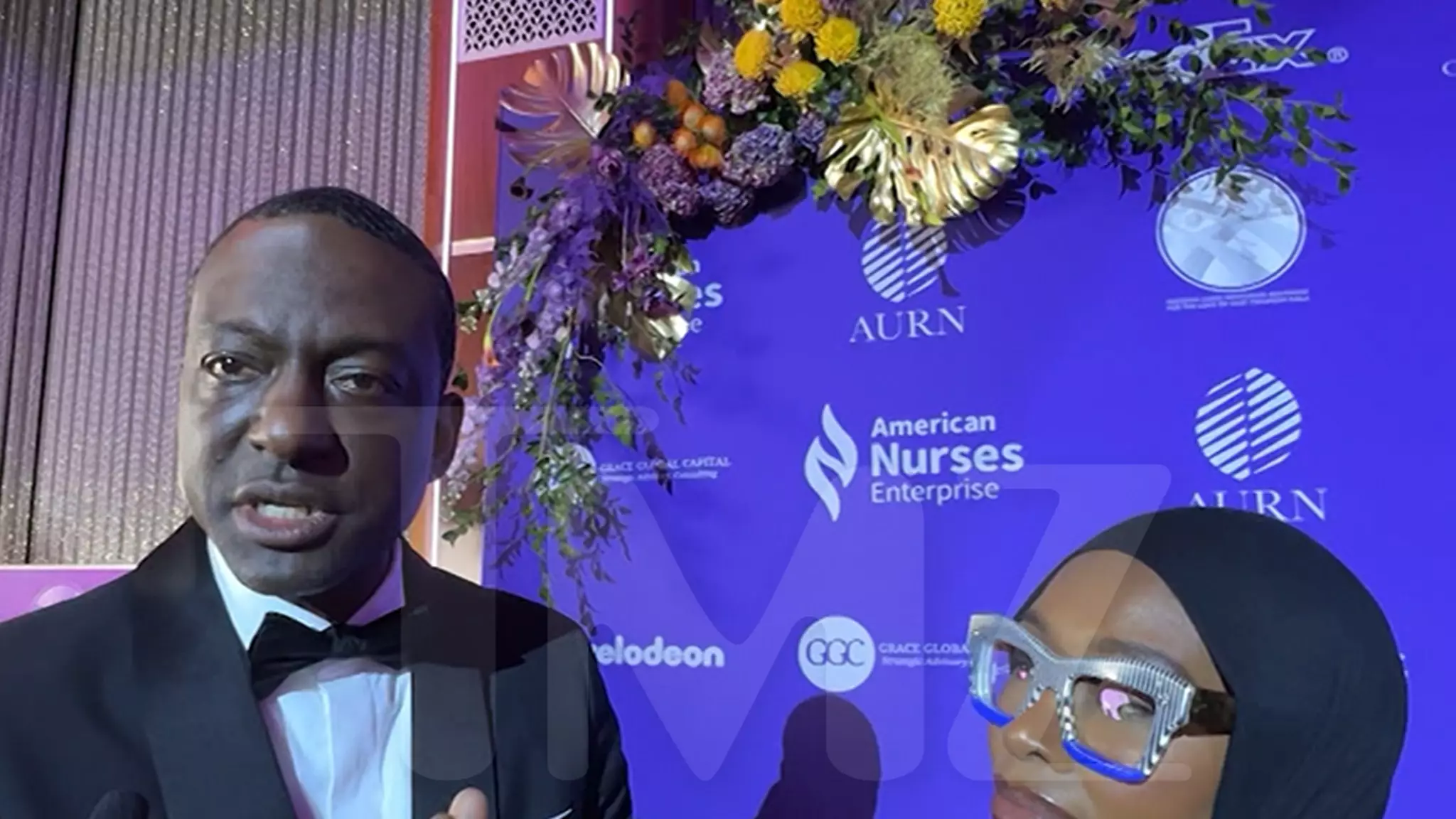Yusef Salaam, one of the exonerated members of the Central Park Five, articulates a distressing sentiment regarding contemporary America—he believes the nation is embroiled in an “American Nightmare.” This stark assessment emerges from his experiences with systemic injustice and wrongful convictions. As the nation grapples with polarizing political divides and social upheaval, Salaam’s observations underscore a deeper, more ingrained issue: the failure to deliver on the promises of equality and justice that ostensibly underpin the American Dream. Advocating for Derek Chauvin’s release, emblematic of a justice system that too often fails marginalized communities, only exacerbates these sentiments.
The Chauvin Controversy and Societal Divides
Chauvin, convicted for murdering George Floyd in a case that ignited global protests and a renewed focus on racial justice, serves as a litmus test for America’s commitment to accountability. The discussion surrounding a potential pardon encapsulates the dissonance in American society. On one side, we see individuals fervently advocating for misunderstood notions of law and order; on the other, there is a significant pushback from those who view such advocacy as a betrayal of the struggles faced by Black Americans and other marginalized groups. Salaam’s warning against the potential for a “dangerous race war” should serve as a clarion call for unity, urging individuals to avoid the pitfalls of division during these tumultuous times.
The Dangers of Political Polarization
In recent years, the political landscape has devolved into an arena where injustices are often dismissed or framed as distractive grievances. With figures like former President Trump igniting controversies through incendiary remarks, including his historical calls for the reinstatement of the death penalty in cases involving the Central Park Five, it becomes evident how historical injustices are revisited in the present. Salaams’ reflections reveal an unsettling belief that these attitudes are part of a broader campaign aimed at suppressing Black voices and eroding their rights. When political maneuvers prioritize divisive narratives over genuine discussions about reform and justice, society teeters on the edge of a crisis.
Faith in Collective Action
Despite the grim outlook painted by figures like Salaam and civil rights leaders such as Al Sharpton, who contend that a pardon for Chauvin would signify a complete breakdown of law and order, there is an underlying current of hope driven by community advocacy. Events like the National CARES Mentoring Movement’s gala embody the collective resilience and determination to uplift the voices of those historically marginalized. Everything from grassroots organizing to public demonstrations reflects a burgeoning consciousness that insists on accountability and justice. Even in the face of daunting odds, the insistence that Black lives matter and deserve protection resonates as a powerful rallying cry for social change.
In navigating these turbulent waters, it becomes increasingly clear that awareness and active participation in the fight for justice are not merely options but obligations for those who wish to see a truly equitable society. The struggle continues: a continuous journey toward rectifying historical grievances while galvanizing hope for future generations.

